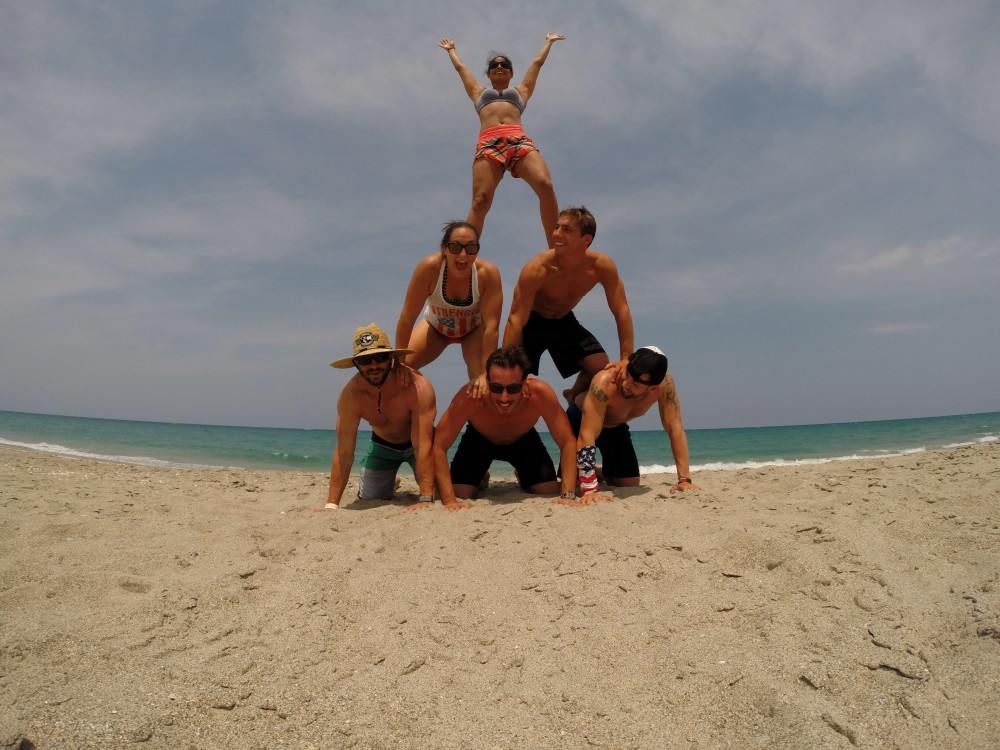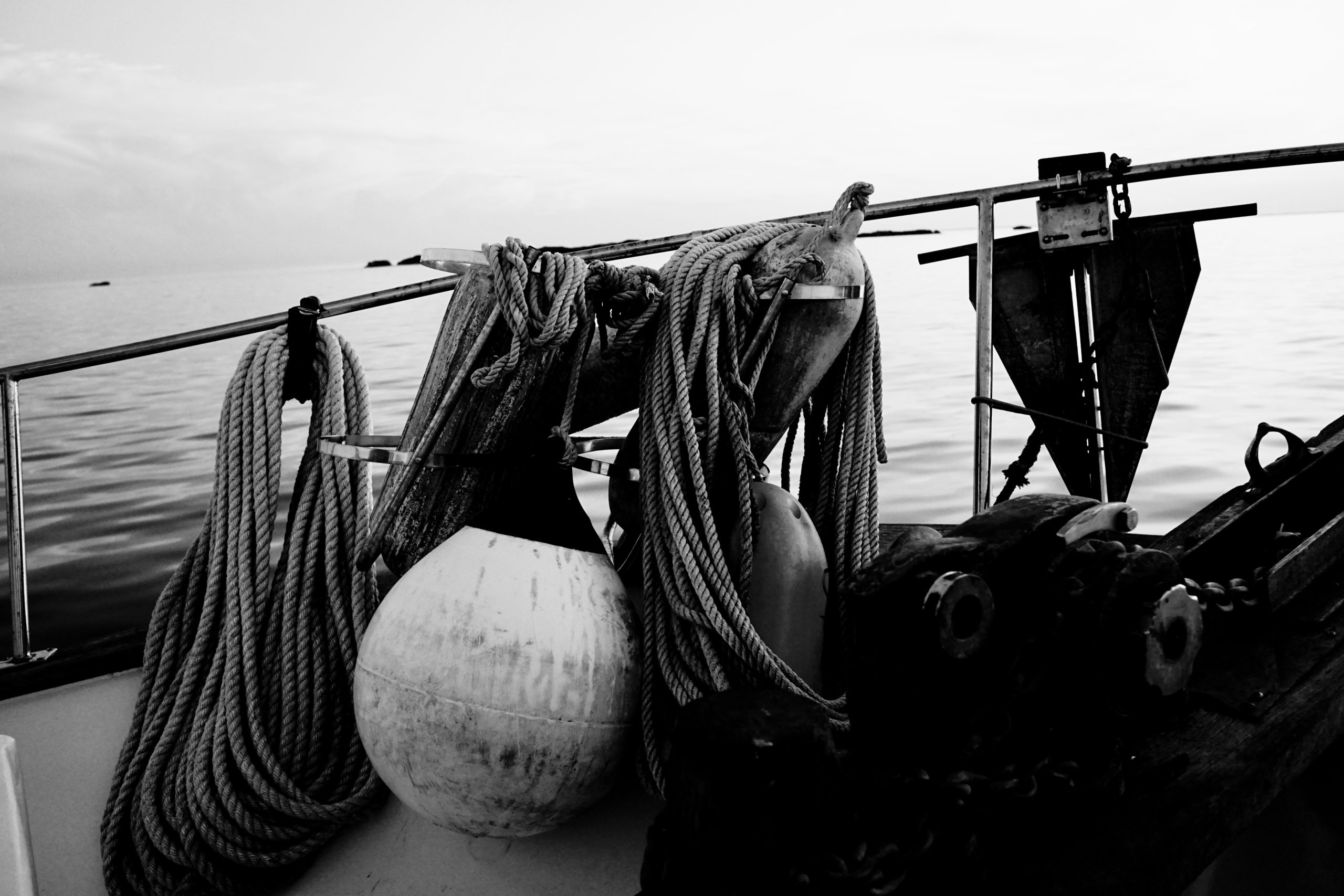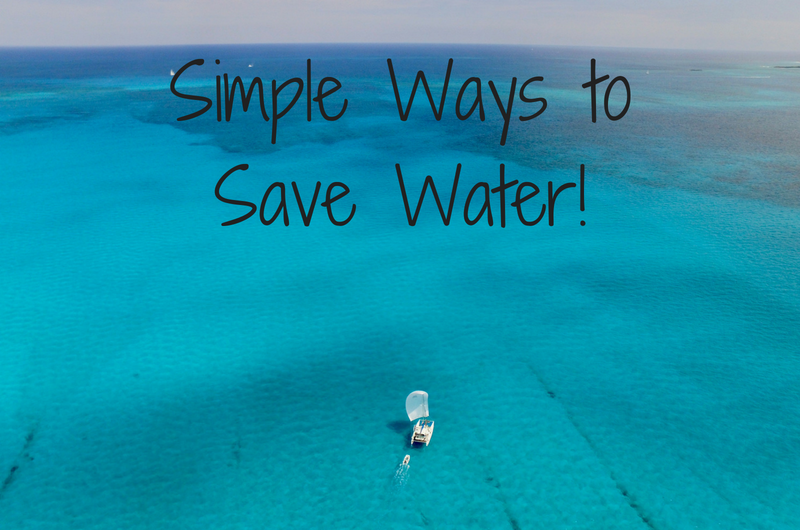For the last few years, the ocean has been our home and like we always say, we move by the wind and eat by the sea! We try to avoid the grocery store at all costs, which means we fully rely on the ocean to provide our food for us. We have learned a lot in our years of diving to find dinner & today we are going to share some of our insight and adventure with you.
Pay Attention to Closed Seasons Before Catching
There are a few things you need to know before you jump in the water and start diving for your food. One of those very important things is having knowledge of “closed seasons”. A closed season means that you are not supposed to target a specific species at a certain time of the year, and if you happen to catch one of them, you are supposed to release it immediately. This is an important rule to be aware of because if you fish out of season, you risk a hefty fine!
Catching Conch & Cleaning Conch
When we are in the US Virgin Islands, we enjoy catching and eating conch because it is very plentiful in this area. We typically catch up to 6 because that is plenty to feed a serving for two, but you are allowed 12-20 per boat. The conch has to be 9 inches long or the lip ⅜ of an inch thick. In some of the waters, the closed season is between July 1 – September 30th, but always double-check your research.
When cleaning our conch, we use the back of a hammer to create a crack in the shell and then we use a butter knife to cut out the meat (or detach the body from the shell). We then cut the meat up and save the good, white meat to eat and save the bad, gooey pieces to use as bait. Conch scraps are great to use as bait in the US Virgin Islands!
Catching & Cleaning Lobster
When we dive, we try to catch a variety of species if we are fortunate enough. Another one of our favorites is Lobster! One of the best parts about catching lobsters is eating them after you catch them. To do that, you need to know how to clean a lobster properly. We wear gloves to protect our hands and use a sharp knife to cut through the lobster tail shell. From there, we clean out the tomalley or roe found in the body cavity. If the lobster is big enough, we try to scrape some of the meat out of the head as well!
Catching & Cleaning Lionfish
Another species we enjoy eating on our boat is Lionfish, and normally we catch them by spearfishing. The first thing you need to do when cleaning a Lionfish is to clip off its poisonous spines using gloves and giant scissors. Lionfish spines are something you never want to get poked by because they are very venomous. Once you get rid of those spines, you just filet the Lionfish like you would any other fish – Bon Appetit!
Storing our Freshly-Caught Food
We used to store our conch, lobster and fish in Tupperware because we don’t like to use throwaway plastic bags, but recently, we found reusable bags on Amazon that we love! You can get all of the air out which keeps our food fresher longer, rather than using Tupperware. These bags also sit flat which allows for more room in our freezer. They are made of silicone and are similar to Ziploc in that you can seal them at the top to prevent leakage. This way we don’t have to use a single plastic bag and can contribute to a healthier and safer environment!




